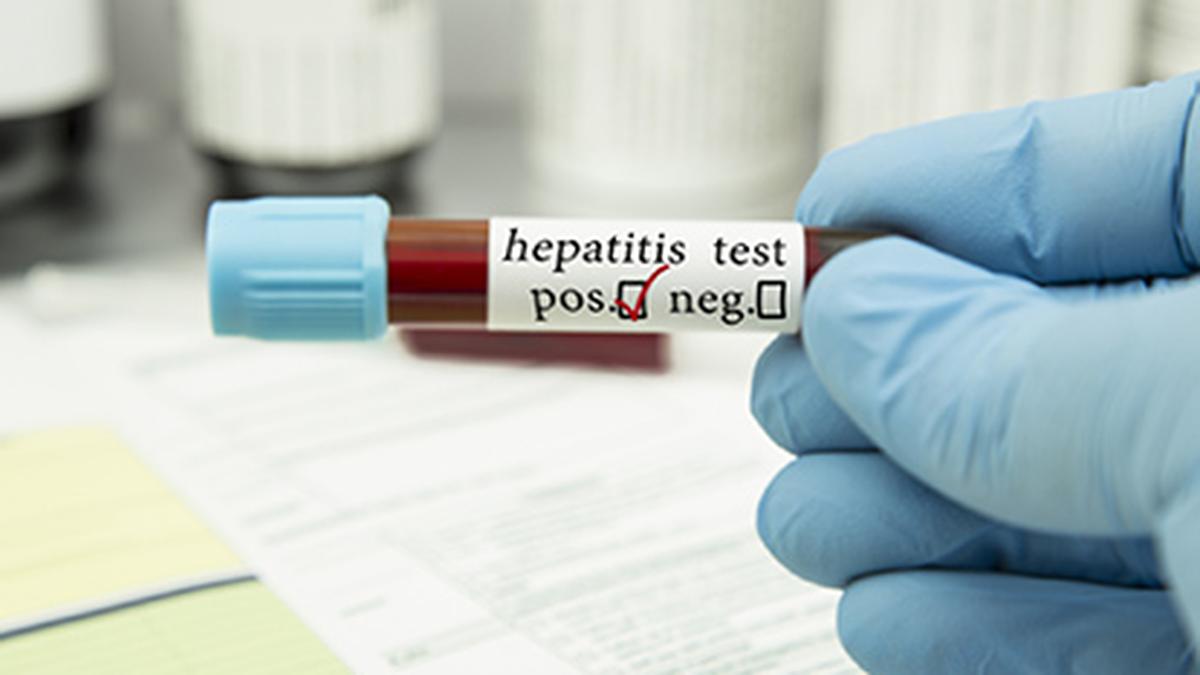World Hepatitis Day 2025: A Call to Action Against Viral Hepatitis











2025-07-14T01:04:49Z

Every year on July 28, the world comes together to observe World Hepatitis Day, an important event dedicated to raising awareness about viral hepatitis. This disease, characterized by inflammation of the liver, can lead to serious health complications, including severe liver disease and liver cancer.
For the upcoming year, the theme for 2025 is “Hepatitis: Let’s break it down”. This theme highlights the urgent need for action to dismantle various barriers that hinder the elimination of hepatitis and the prevention of liver cancer. These barriers encompass financial, social, and systemic challenges, including the stigma often associated with the disease. Chronic hepatitis B and C are particularly insidious as they can quietly inflict damage on the liver, potentially leading to cancer, even though they are preventable, treatable, and, in the case of hepatitis C, curable.
The 2025 campaign aims to simplify, scale up, and integrate essential hepatitis services into national health systems. These services include vaccination, safe injection practices, harm reduction strategies, and comprehensive testing and treatment options. The emphasis is clear: we must act now to expand access to these critical services and integrate them into existing healthcare infrastructures. The ultimate goal is to eradicate hepatitis as a significant public health issue by the year 2030.
According to recent statistics, approximately 1.3 million people lost their lives to chronic hepatitis B and C in the year 2022 alone, underscoring the urgency of the situation. As we observe World Hepatitis Day, it is imperative that we reflect on the steps we can take to combat this global health threat and push for a future free from the burden of hepatitis.
 James Whitmore
James Whitmore
Source of the news: BusinessLine